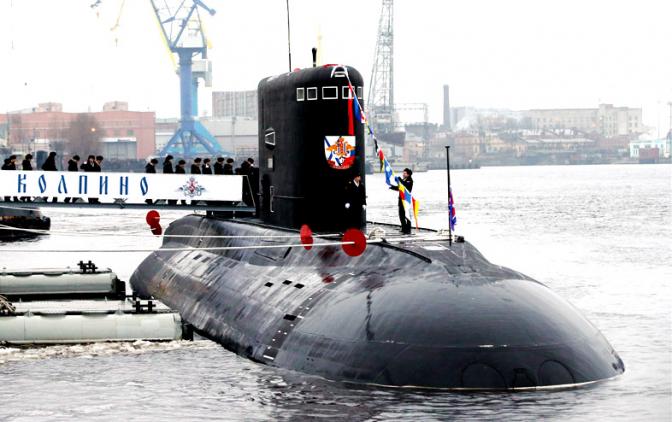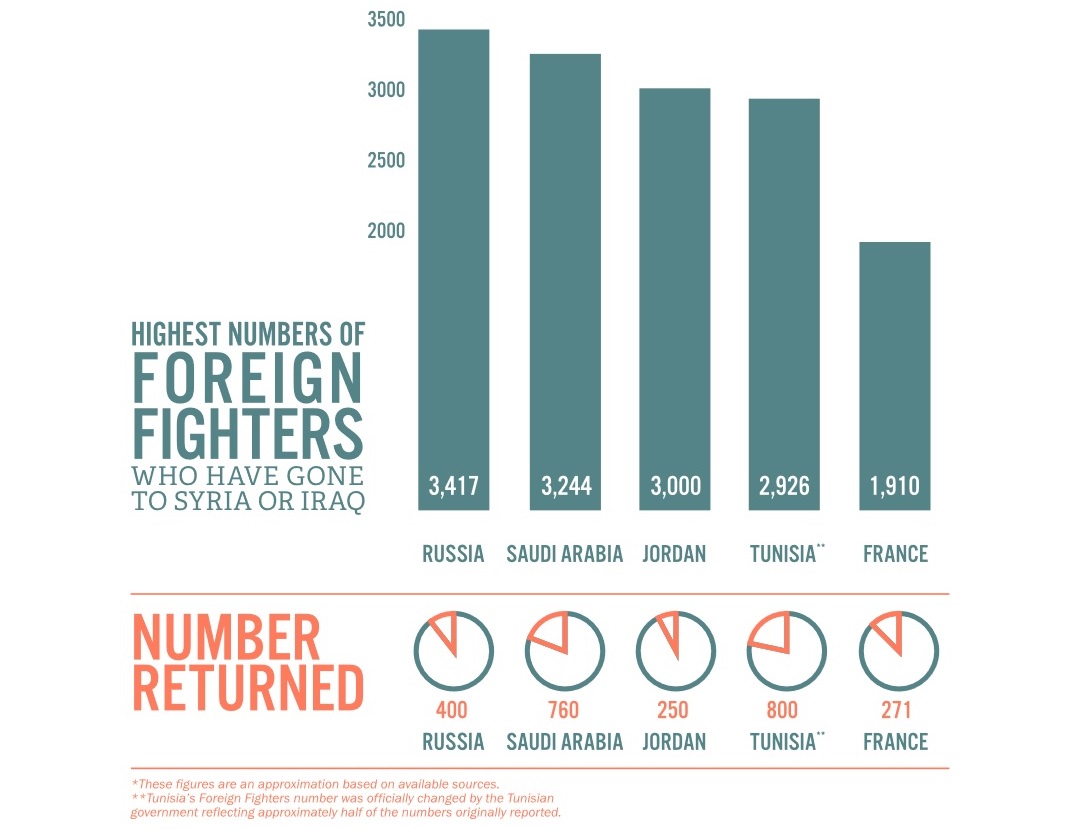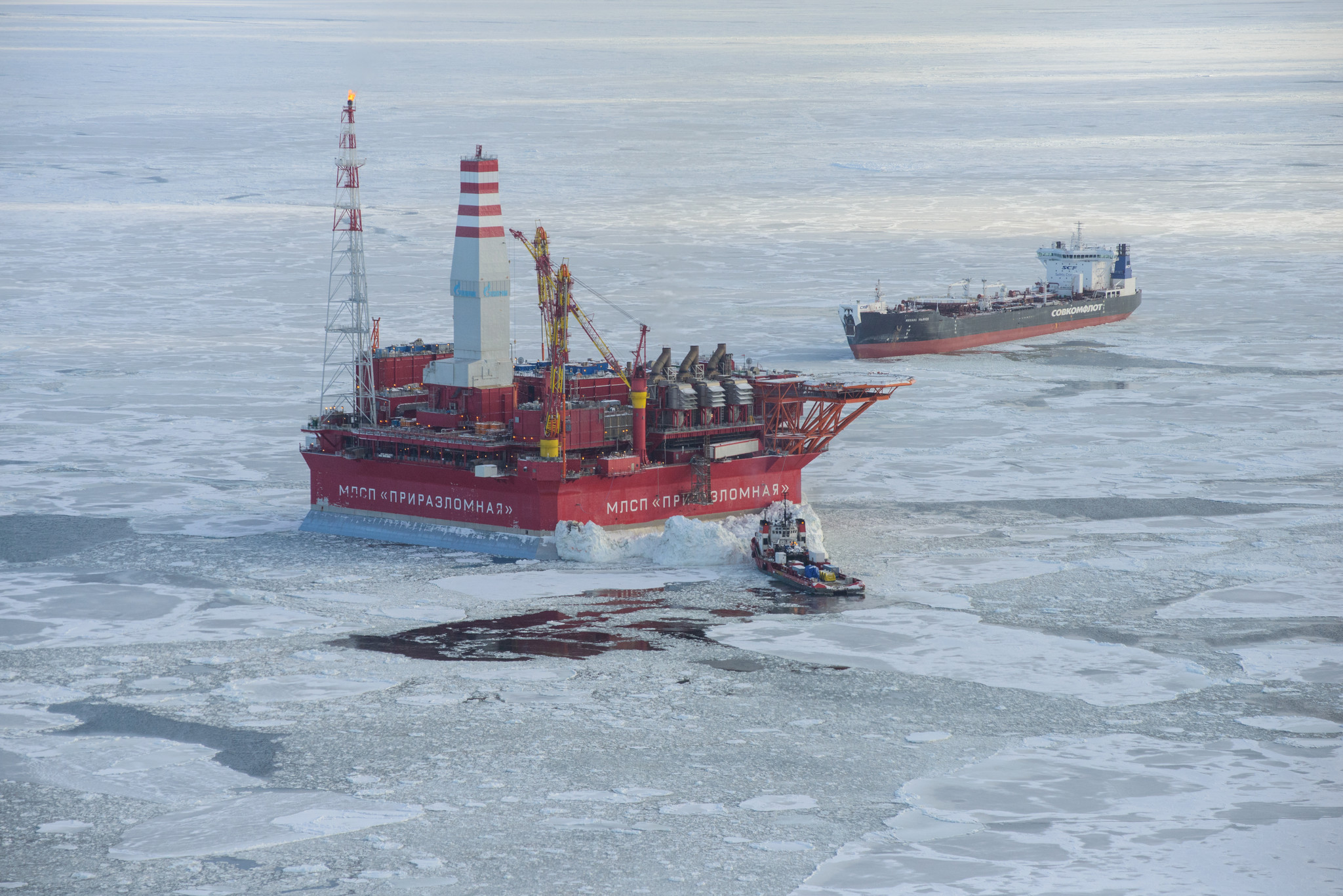The Kremlin-controlled media and often--echoing it--Western outlets paint a picture of Russia as a burgeoning military power, with its forces totally prepared to carry out any order the Putin regime gives them. But three stories this week suggest not only that this picture is incomplete but that it may be dangerously false.
The first of these is perhaps the most serious. As all political philosophers from Machiavelli on have pointed out, one of the first tasks of a ruler is to ensure that his forces are well-paid not only so that they will not be tempted to revolt against him but also so they will be ready to do his bidding in the future.
Over the past several years, there has been a drumbeat of stories about military bases where the power was shut off because Moscow hadn't paid the bill and about soldiers not getting adequate food or even being paid on time because the center hadn't managed to perform that most basic of functions.
But now Moscow, at a time of budget stringency, has taken a step that could lead to real problems. It is demanding that officers and soldiers who served in “hot spots” like Abkhazia in the 1990s return the supplemental combat pay they received for their service.
The roughly 3,000 military personnel involved are “in shock” about this decision, Moskovsky komsomolets reports
. They've long ago spent the money they were paid, believe that they earned it, and have filed an appeal with the Russian Supreme Court to try to force the Russian government to reverse its order.
Obviously, the soldiers long ago spent the money they were given and don’t have it to give back to the state. But their plight, serious as it is, pales to that of a government which makes promises to its soldiers and then reneges, something other military personnel who may be asked to do other things will certainly be taking note of.
The second of these stories is potentially just as serious. In order to boost its military presence in the Black Sea, Moscow has forced commanders there to accept and commission ships that have not gone through the normal trials that could have been expected to identify and lead to the correction of problems.
That doesn't mean that these ships are not capable of performing most of their tasks, but it does mean that they are far more likely to suffer breakdowns and be able to fulfill any orders they are given. And it means that these untested vessels should not be counted as part of some new “super” Russian fleet as Moscow and some in the West routinely do.

And the third of these stories, a more humorous one, is noteworthy primarily because it comes on the heels of what the Kremlin-controlled media has been celebrating as a great breakthrough for its fleet and for the prospects of the Northern Sea Route, the successful transit over that route of ships at the end of December.
After making what everyone calls “a historic Arctic voyage,” Russia’s icebreakers have gotten stuck
in the ice in the East Siberian Sea. They are being supplied by helicopter, and officials say that the situation “is not critical.”
But this event too like the others is a reminder that what looks strong in the Russian case as a result of Potemkin Village-style operations may not be as powerful as the Kremlin needs them to be to achieve its ends or as many, as a result of its propaganda effort, in fact believe them to be.
Related:
- Weakness not strength behind Putin's new doctrine for broader information war abroad and at home
- Putin and Russia both far weaker than many think, three analysts say
- The splendors and miseries of Russian special services
- Russian special services aren't the all-powerful agencies many believe, Kirillova says
- Ten new and discouraging statistics perfectly capture Putin's Russia





